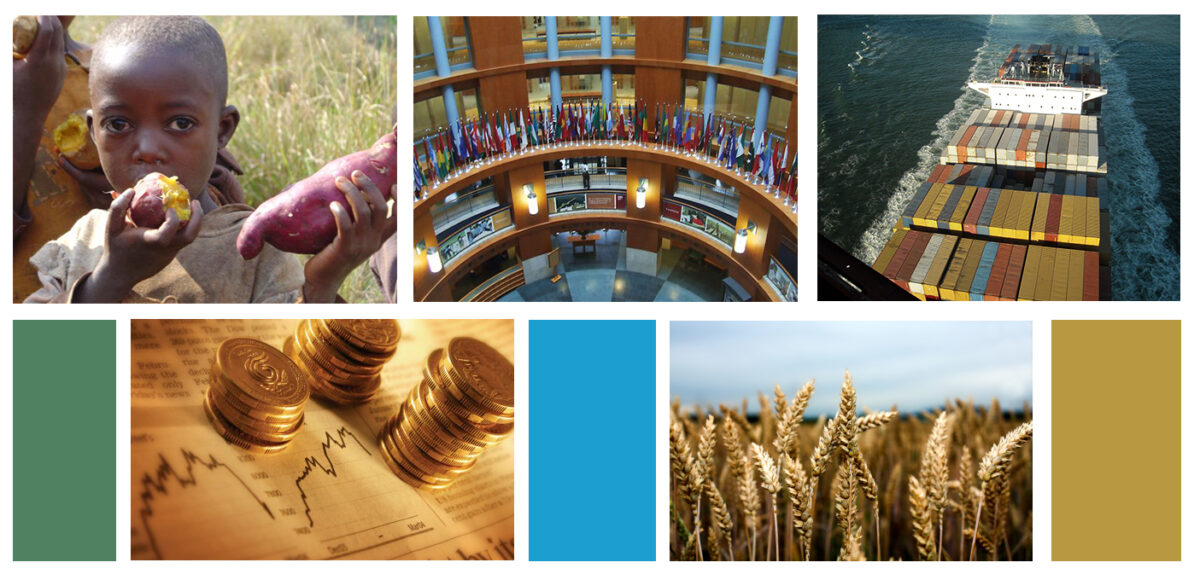Optimal Trade Policy with Trade Imbalances
By Mostafa Beshkar (Indiana University at Bloomington) and Ali Shourideh (Carnegie Mellon University) A salient feature of international trade is the presence of trade imbalances. How should governments conduct their trade policy under trade imbalances? In a forthcoming paper we ask if trade imbalances influence governments’ choices of trade policies under a standard dynamic trade […]

